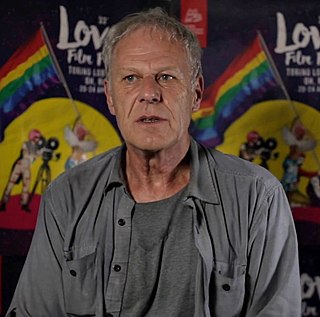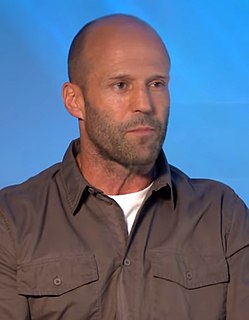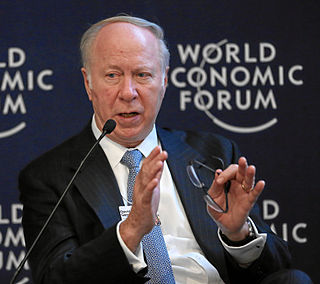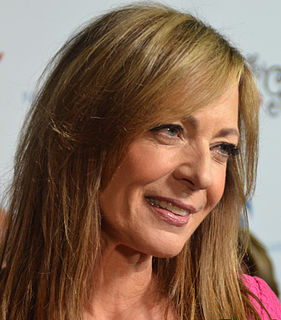A Quote by Dennis Cooper
A lot of writers do think of their characters as living beings. I know that's the way people think. That's why I try to make them real in a certain way, because otherwise people won't read them. It's fine if some readers think of them as real. It's just not the way that I think of them.
Related Quotes
Keep it real by being straight forward. Don't pull no punches on people. It's better to tell somebody than just lollygag around, letting them think they're living their life the right way. Because some people don't know what the hell they're doing, they don't know if they're living the right way or making the right decisions. Some people don't know that.
Even when I'm writing animation, I think of them as real people. I think of them as completely three-dimensional beings, even if it's a talking teapot. I don't think of them as one-dimensional drawn characters running around. Maybe that's why, to me, there's really no difference in writing the two - animation versus live action.
I think it's one of the nicest privileges as an actor is to know that you can move people in one moment, make them think about their lives, or make them laugh or make them cry or make them understand something. Or just make them feel something because I think so many of us, including myself, spend too much time not feeling enough, you know?
For some people, I got away with something. And you know what? That's a fair thing to say, for them. I'm not saying I agree with that, but I can see how they can say that. But it's a matter of just like...you know, I'm really fortunate. As a journalist, I don't have to agree with you to talk to you. My job is to figure out why you think the way you think. I want to get to the root of why you think the way you think. That's what I find most fascinating as a storyteller.
Even when you think you can detach yourself from the characters, you don't. Because you're spending so much time trying to realize this person and make them real that they do infect you, in a way. And you do take them home and live with them, even if you think you're turning the character off. But in order to pull off a role convincingly, you wind up thinking about that person all the time, and it does sort of creep into you. And then there are things that you'll respond to, or react to in a very different way than you would normally.
A lot of people – and I’m just not one of them – believe that you should live for the now. I think what you do is think about the great expanse of time ahead of you and try to make sure that you’re planning for that in a way that’s going to leave you ultimately satisfied. This is the way it works for me.
Fundamentally, as human beings, we're very, very alike and a lot more alike than we think, but we have a tendency to divide the world into them and us. In prison, when people commit a crime and we put them away, they definitely become "them." We don't want to deal with it because they have chosen to step out of society, so we're going to keep them out. Even if they serve their time, we're going to make sure that, for the rest of their lives, they're going to be branded. I don't know how to do it in a different way, but I think it clearly doesn't work.
Politics is like watching football. Yes, you can see it directly on your screen, but I think a lot of people want to have some understanding of what's happening, why the play is unfolding the way it is, and I think that's where it can help them, not to render judgments but to help people make their own judgments in a more informed way.
Image and music always works together for me. I think they're equally important and I've always done things in a way that people remember them by, but I don't set out to just shock people...because that's very easy, a lot of people could do that, I just like to do things the way that makes me happy really. And sometimes that's too much for certain people, but, you know, I try to push the envelope to make the boundaries wider as far as what you can and can't do in music.
There are the people who read my horror novels - the first two of them - and they found them scary or whatever, and then there are some people who are maybe not entirely stable who think that they're real, who think that they're being stalked by the same demons or ghosts that are mentioned in the books.






































